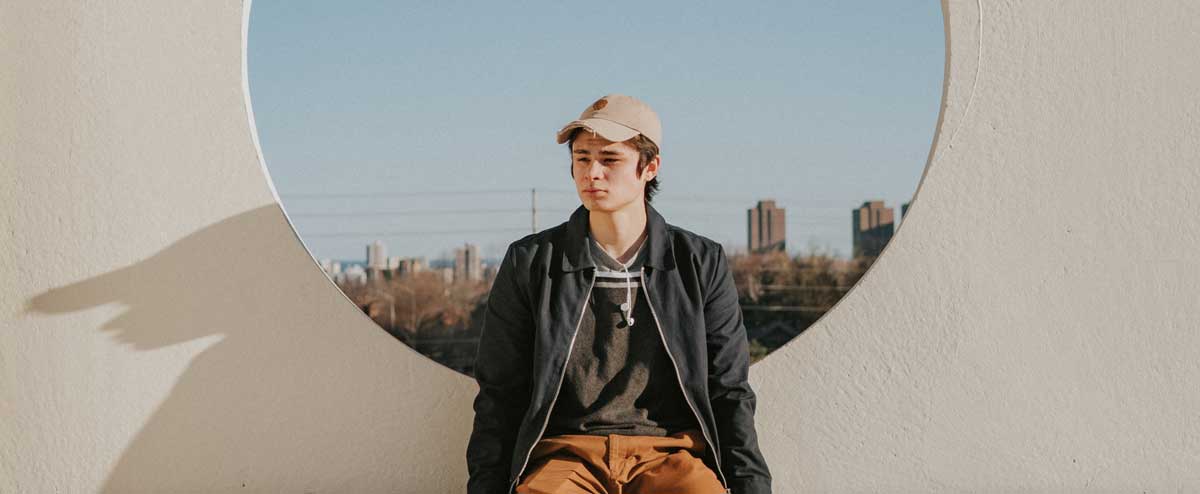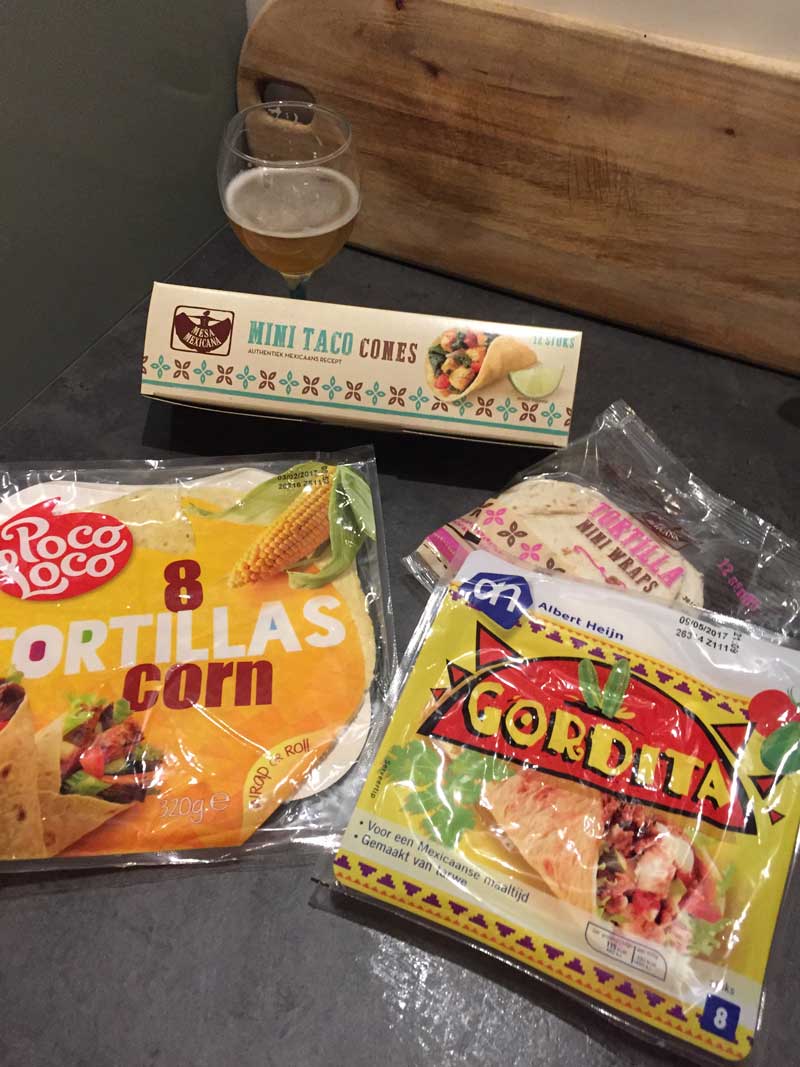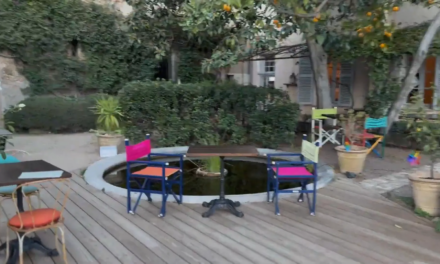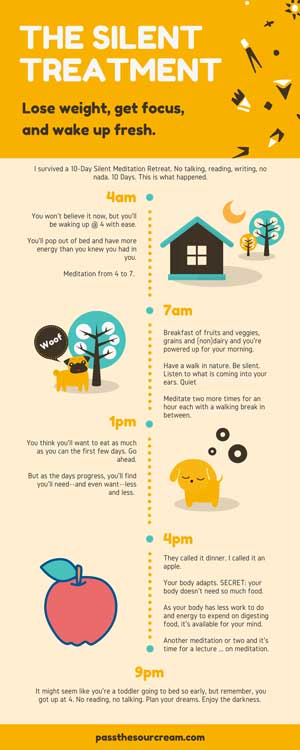
Does your child have the brain capacity to remember what’s on the math test?

“I studied for my math test. It’s gotta be in there somewhere, right!?”
Your child studied for the math test, but come math test moment, it all seems to fly away like a flock of pigeons in the town square. Poof. What’s going on?
He “studied” but are there variations on the effectiveness of study time? Is an hour on Sunday night the same as 15 minutes on each of Thursday, Friday, Saturday and Sunday? It all adds up to an hour, right? (That was a math question hidden in there, FYI.)
How much can we remember? “Under any reasonable guess, it gets into the several petabyte range,” says Reber. From Paul Reber, a professor of psychology at Northwestern University for the BBC.
Is it test anxiety? Does he really know it? Is it that whole “short-term memory” and “long-term memory” thing? Which one is better? Or in the words of my son, “Which one will help me get a better grade on the math test?”
I’m going to go out on a limb and say that your child does have the capacity to know what’s on the math test and retain that knowledge (or is it only information at that stage?) for the test. Ooh, did I put information and knowledge in the same sentence?
What’s information? What’s knowledge? What’s understanding?
- Information: data, stuff, it’s there. Well, somewhere.
- Knowledge: you know the data and stuff, it’s in your brain. You know it.
- Understanding: you have a relationship with the data and stuff. In non-English language, there is a difference between knowing (stuff, e.g. savoir, French) and knowing (someone, e.g. connaître, French). When you understand, you know it like a friend. You understand it.
See where we’re heading? We’re going from (1) a person on the street corner to (2) you see and recognize that person to (3) that person is a friend.
Your child isn’t going to like this, but here’s the secret: they need to make friends with math. It’s there, on the desk, they see it, it exists, they know it’s there, but they need to have a working relationship with it, no, a friendship with it.
- What’s the most we can remember? Several years ago, when Dellis first started his cerebral workouts, it took him 20 minutes to memorise a deck of cards. Nowadays, he can commit to memory all 52 cards in under 30 seconds BBC
- How To Retain 90% Of Everything You Learn Almost all of us waste 90% of our time, resources and learning time, because we don’t understand a simple concept called the Learning Pyramid. Psychotactics.com
- How We Remember, and Why We Forget When we experience an event, our brains tie the sights, smells, sounds, and our own impressions together into a relationship. That relationship itself is the memory of the event. Brain Connection

Does your child have the brain capacity to remember what’s on the math test?




























